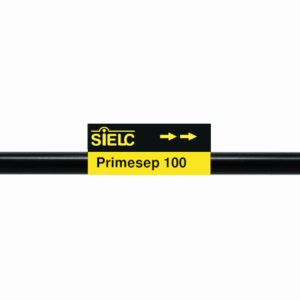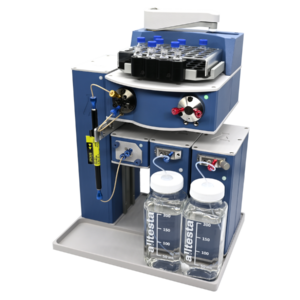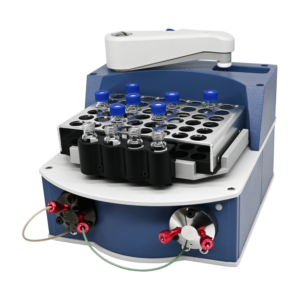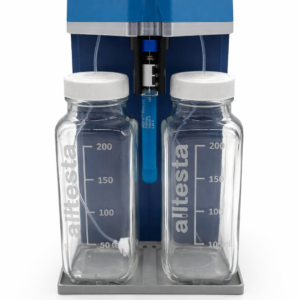High Performance Liquid Chromatography (HPLC) Method for Analysis of Pararosaniline and Ethyl Red on Primesep 100 by SIELC Technologies.
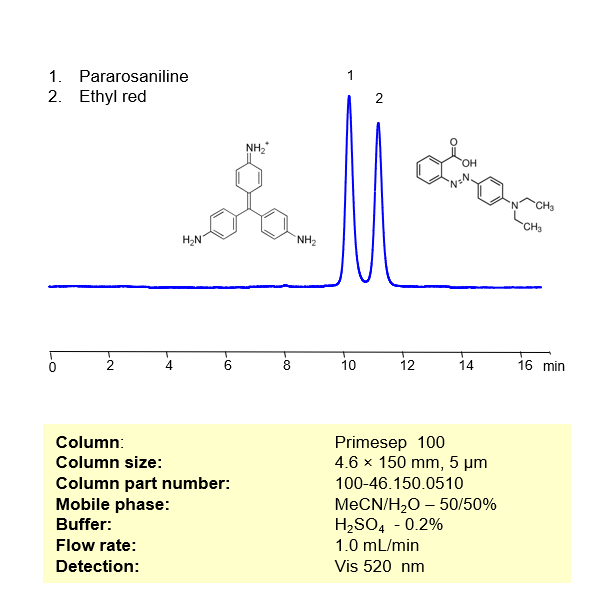
Pararosaniline (Basic Red 9) is a popular basic magenta dye and part of the triarylmethane family of dyes with the chemical formula C19H17N3. It is a free base version of pararosaniline hydrochloride. Primarily, it is used to dye synthetic materials, to detect sulfur dioxide, and as an antischistosomal. You can find detailed UV spectra of Pararosaniline and information about its various lambda maxima by visiting the following link.
Ethyl Red is a pH indicator with C₁₇H₁₉N₃O₂ as its molecular structure. When the pH transitions from acidic to neutral, Ethyl red turns from yellow to red, hence the name. Outside of experiments, it is occasionally used as a dye in textiles and foods. You can find detailed UV spectra of Pararosaniline Hydrochloride, Ethyl red and information about its various lambda maxima by visiting the following link.
These two basic dyes can be separated, retained, and analyzed on a Primesep 100 mixed-mode stationary phase column using an isocratic analytical method with a simple mobile phase of water, Acetonitrile (MeCN), and a sulfuric acid (H2SO4) buffer. This analysis method can be detected in the visible regime at 520 nm.
Condition
| Column | Primesep 100, 4.6 x 150 mm, 5 µm, 100 A, dual ended |
| Mobile Phase | MeCN/H2O – 50/50% |
| Buffer | H3PO4 – 0.2% |
| Flow Rate | 1.0 ml/min |
| Detection | UV, 520 nm |
| Peak Retention Time | 10.82 min |
Description
| Class of Compounds | Dyes |
| Analyzing Compounds | Pararosaniline Hydrochloride, Ethyl red |
Application Column
Primesep 100
Column Diameter: 4.6 mm
Column Length: 150 mm
Particle Size: 5 µm
Pore Size: 100 A
Column options: dual ended
Pararosaniline Hydrochloride

